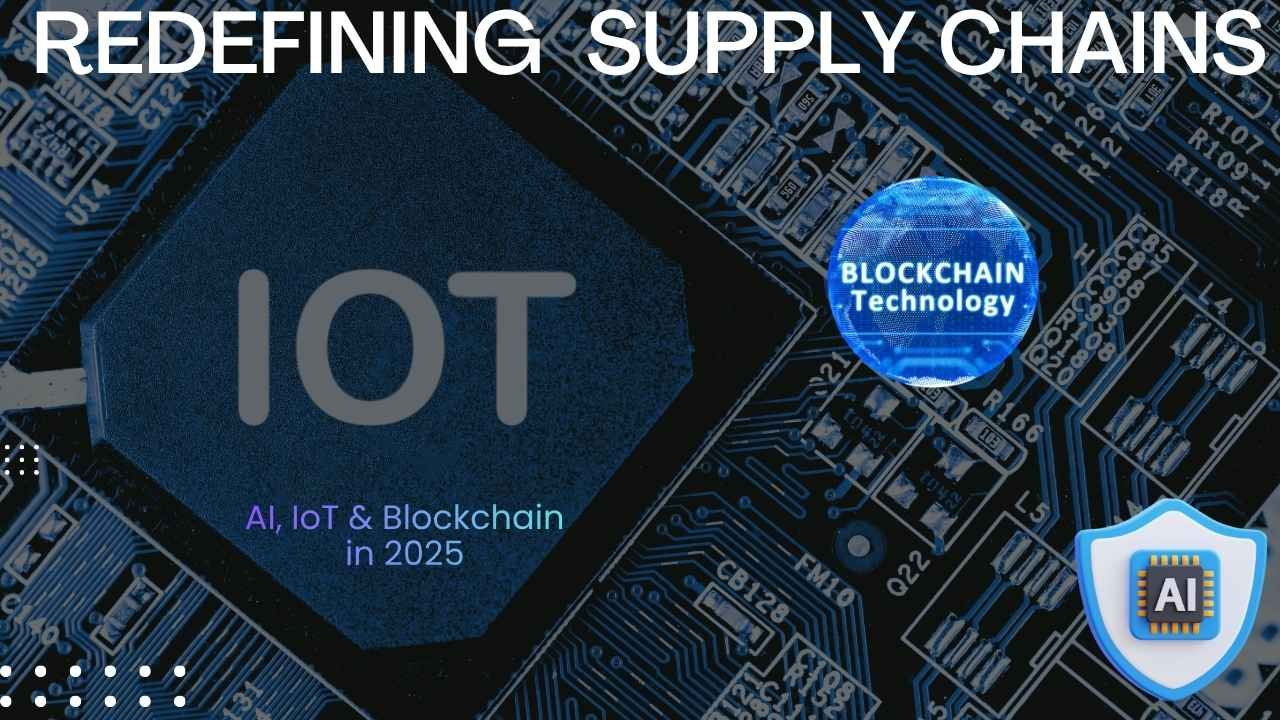# | Certification | Why It Matters / Key Benefits | Typical Requirements / Notes |
1 | CISSP (Certified Information Systems Security Professional) | A gold standard in cybersecurity; often required for senior security roles. | 5 years of work experience in security, passing the exam |
2 | CompTIA Security+ | Great entry-level security cert recognized widely in U.S. government / private sector. | No formal prerequisites, but recommended to have some networking knowledge |
3 | AWS Certified Solutions Architect – Associate | Cloud skills are in huge demand. This is one of AWS’s flagship certifications. | Some hands-on AWS experience helps; exam cost ~ $150–300 |
4 | Google Cloud Professional Cloud Architect | If your organization uses Google Cloud, this cert demonstrates you can build and manage scalable solutions. | Prior GCP experience is helpful |
5 | Certified Cloud Security Professional (CCSP) | Blends cloud and security disciplines — ideal for those securing cloud environments. | Generally requires several years in IT/security domains |
6 | CISM (Certified Information Security Manager) | For security leadership roles focused on governance, risk, and strategy. | Experience in security management plus exam |
7 | CISA (Certified Information Systems Auditor) | Strongly valued in audit, compliance, and governance roles. | Experience in systems audit, plus passing exam |
8 | CRISC (Certified in Risk and Information Systems Control) | Focuses on risk management and aligning IT with business goals. | Experience in risk / control domains required |
9 | CEH (Certified Ethical Hacker) | For those interested in penetration testing and offensive security. | Some security experience expected |
10 | OSCP (Offensive Security Certified Professional) | One of the most hands-on and rigorous ethical hacking / pentesting certifications. | Requires strong technical skills; exam involves real environment challenge |
11 | ITIL 4 Foundation | For IT service management and process-oriented roles. | No prerequisites; entry-level in ITSM |
12 | PMP (Project Management Professional) | While not purely “IT,” many IT teams value this for leading projects. | Requires project management experience and passing the exam |
13 | Cisco CCNA / CCNP | Highly respected networking certs, especially for network engineers. | For CCNA: basic networking knowledge; CCNP: more advance level |
14 | CDPSE (Certified Data Privacy Solutions Engineer) | As data privacy becomes critical, this cert focuses on privacy in tech solutions. | Experience in privacy / data security domains preferred |
15 | CompTIA A+ / Network+ | Useful foundational certifications for those entering IT or building core skills. | No strict prerequisites; often stepping stones to advanced certs |




